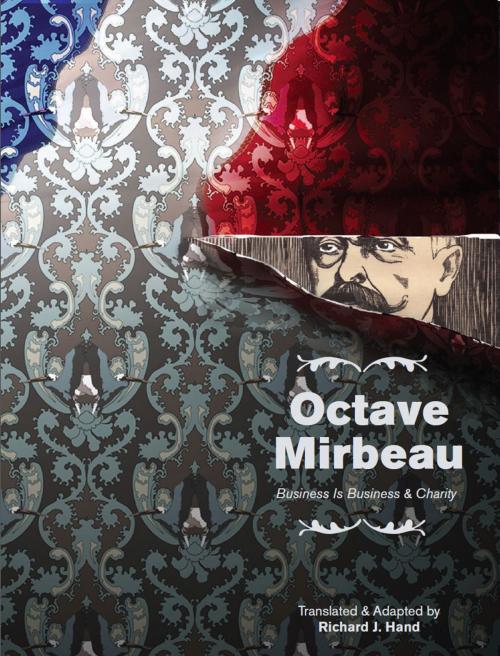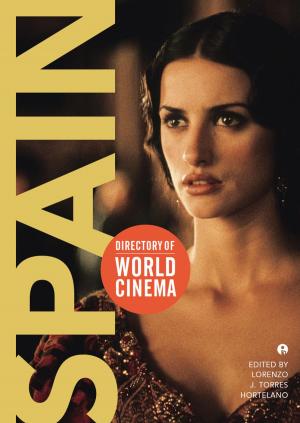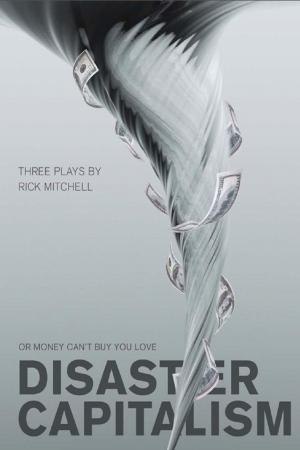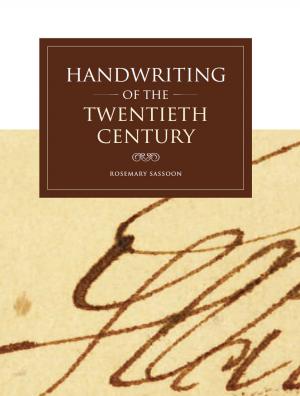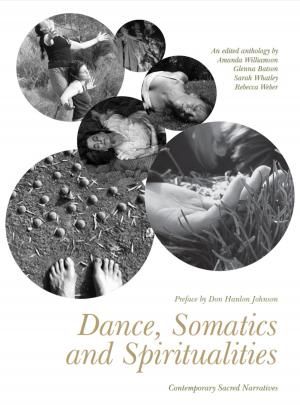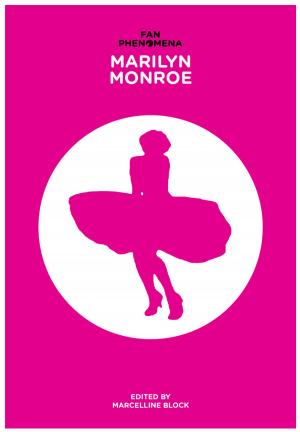Octave Mirbeau
Two Plays - Business Is Business & Charity
Nonfiction, Science & Nature, Technology, Power Resources, Art & Architecture, Photography, Reference & Language, Law| Author: | Richard Hand | ISBN: | 9781841506708 |
| Publisher: | Intellect Books Ltd | Publication: | July 3, 2012 |
| Imprint: | Intellect | Language: | English |
| Author: | Richard Hand |
| ISBN: | 9781841506708 |
| Publisher: | Intellect Books Ltd |
| Publication: | July 3, 2012 |
| Imprint: | Intellect |
| Language: | English |
Octave Mirbeau was born in Trévières, Normandy, on 16 February 1848. He had a quiet childhood, which seemingly came to an abrupt end when he was sent to a Jesuit college at Vannes in 1859. The next four years were a miserable experience for the young Mirbeau, and the barbarity, tyranny and snobbery he encountered there – which seemed to him a microcosm of French society – would never be far from his writing for the rest of his life. Mirbeau registered to study law at university in 1866 but in 1868 would claim that ‘he had been eating nothing and smoking up to 180 pipes of opium a day’ (Levi, 1992, 437). When the Franco-Prussian War broke out in 1870, Mirbeau could finally abandon his studies completely and join the army as a lieutenant. In December 1870 he was wounded, and in 1871 he was accused of desertion (he was acquitted of this charge in 1872). Just as his life in the Jesuit college had been traumatic, Mirbeau’s experiences in the army made him develop ‘a passionate loathing for the absurdity of war’ (Levi, 1992, 437). After the Franco-Prussian War, Mirbeau became a journalist specializing in art criticism (he was a pioneering advocate of Paul Cézanne, Claude Monet, Auguste Rodin and Vincent Van Gogh) and then theatre reviewing. He established and edited his own satirical journal Les Grimaces in the 1880s. Mirbeau was always a colourful figure and was involved in at least twelve duels in his life, several on account of the provocative opinions expressed in his journalism. The life and work of Mirbeau remain a remarkable reflection of an extraordinary time. Although primarily a journalist, Mirbeau was a versatile writer producing some significant fiction, including L’Abbé Jules (Father Jules 1888), and two vitriolic masterpieces of the erotic-grotesque, satires of contemporary France which have never lost the power to shock or provoke universally: Le Jardin des supplices/Torture Garden (1899) and Le Journal d’une femme de chambre/The Diary of a Chambermaid (1900). By no means a prolific playwright, Mirbeau nonetheless wrote six one-act plays (published together as Farces et moralités (Farces and Morality Plays in 1904) and three full-length plays – one of which, Les affaires sont les affaires/Business Is Business (1903), enjoyed international acclaim and is the work that made Mirbeau, as Pierre Michel (1999, 25) reveals, ‘un millionaire’. In terms of his politics, too, Mirbeau offers an astonishing reflection of a dynamic epoch, moving steadily to the left through his career. Starting as a Bonapartist with anti-Semitic views, he became, by turns, a monarchist and then a republican before becoming, most famously, an anarchist. As an anarchist living through a fascinating and tumultuous epoch of French history, Mirbeau strove to be as provocative and incendiary as he could through his writing. Indeed, despite this radical shift in his political opinions, Mirbeau was always consistent in presenting – in his fiction, plays and journalism – an acerbic critique of what he perceived as the widespread hypocrisy and corruption in French society. Given his shift in political opinions, it is not surprising that the one-time anti-Semite Mirbeau would, like Émile Zola, be outspoken in his support of the Jewish army officer Alfred Dreyfus in the notorious and protracted Dreyfus Affair of the 1890s onwards. Mirbeau developed many important artistic friends in his career, including Camille Pissarro, Stéphane Mallarmé and Anatole France. Compatriots such as Guillaume Apollinaire regarded Mirbeau as ‘the sole prophet of our age’ (Lemarié and Michel, 2011, 1182), and his international standing is reflected in Leon Tolstoy’s assessment that Mirbeau is ‘France’s greatest contemporary writer’ and the pre-eminent example of French culture’s ‘secular genius’ (Lemarié and Michel, 2011, 1181).
Octave Mirbeau was born in Trévières, Normandy, on 16 February 1848. He had a quiet childhood, which seemingly came to an abrupt end when he was sent to a Jesuit college at Vannes in 1859. The next four years were a miserable experience for the young Mirbeau, and the barbarity, tyranny and snobbery he encountered there – which seemed to him a microcosm of French society – would never be far from his writing for the rest of his life. Mirbeau registered to study law at university in 1866 but in 1868 would claim that ‘he had been eating nothing and smoking up to 180 pipes of opium a day’ (Levi, 1992, 437). When the Franco-Prussian War broke out in 1870, Mirbeau could finally abandon his studies completely and join the army as a lieutenant. In December 1870 he was wounded, and in 1871 he was accused of desertion (he was acquitted of this charge in 1872). Just as his life in the Jesuit college had been traumatic, Mirbeau’s experiences in the army made him develop ‘a passionate loathing for the absurdity of war’ (Levi, 1992, 437). After the Franco-Prussian War, Mirbeau became a journalist specializing in art criticism (he was a pioneering advocate of Paul Cézanne, Claude Monet, Auguste Rodin and Vincent Van Gogh) and then theatre reviewing. He established and edited his own satirical journal Les Grimaces in the 1880s. Mirbeau was always a colourful figure and was involved in at least twelve duels in his life, several on account of the provocative opinions expressed in his journalism. The life and work of Mirbeau remain a remarkable reflection of an extraordinary time. Although primarily a journalist, Mirbeau was a versatile writer producing some significant fiction, including L’Abbé Jules (Father Jules 1888), and two vitriolic masterpieces of the erotic-grotesque, satires of contemporary France which have never lost the power to shock or provoke universally: Le Jardin des supplices/Torture Garden (1899) and Le Journal d’une femme de chambre/The Diary of a Chambermaid (1900). By no means a prolific playwright, Mirbeau nonetheless wrote six one-act plays (published together as Farces et moralités (Farces and Morality Plays in 1904) and three full-length plays – one of which, Les affaires sont les affaires/Business Is Business (1903), enjoyed international acclaim and is the work that made Mirbeau, as Pierre Michel (1999, 25) reveals, ‘un millionaire’. In terms of his politics, too, Mirbeau offers an astonishing reflection of a dynamic epoch, moving steadily to the left through his career. Starting as a Bonapartist with anti-Semitic views, he became, by turns, a monarchist and then a republican before becoming, most famously, an anarchist. As an anarchist living through a fascinating and tumultuous epoch of French history, Mirbeau strove to be as provocative and incendiary as he could through his writing. Indeed, despite this radical shift in his political opinions, Mirbeau was always consistent in presenting – in his fiction, plays and journalism – an acerbic critique of what he perceived as the widespread hypocrisy and corruption in French society. Given his shift in political opinions, it is not surprising that the one-time anti-Semite Mirbeau would, like Émile Zola, be outspoken in his support of the Jewish army officer Alfred Dreyfus in the notorious and protracted Dreyfus Affair of the 1890s onwards. Mirbeau developed many important artistic friends in his career, including Camille Pissarro, Stéphane Mallarmé and Anatole France. Compatriots such as Guillaume Apollinaire regarded Mirbeau as ‘the sole prophet of our age’ (Lemarié and Michel, 2011, 1182), and his international standing is reflected in Leon Tolstoy’s assessment that Mirbeau is ‘France’s greatest contemporary writer’ and the pre-eminent example of French culture’s ‘secular genius’ (Lemarié and Michel, 2011, 1181).
